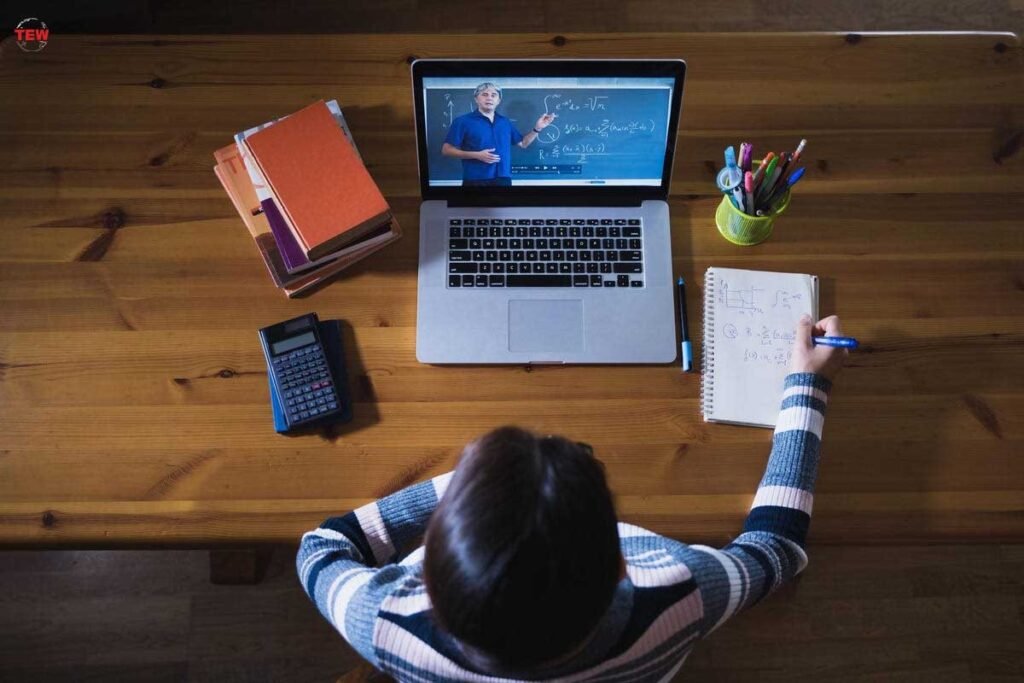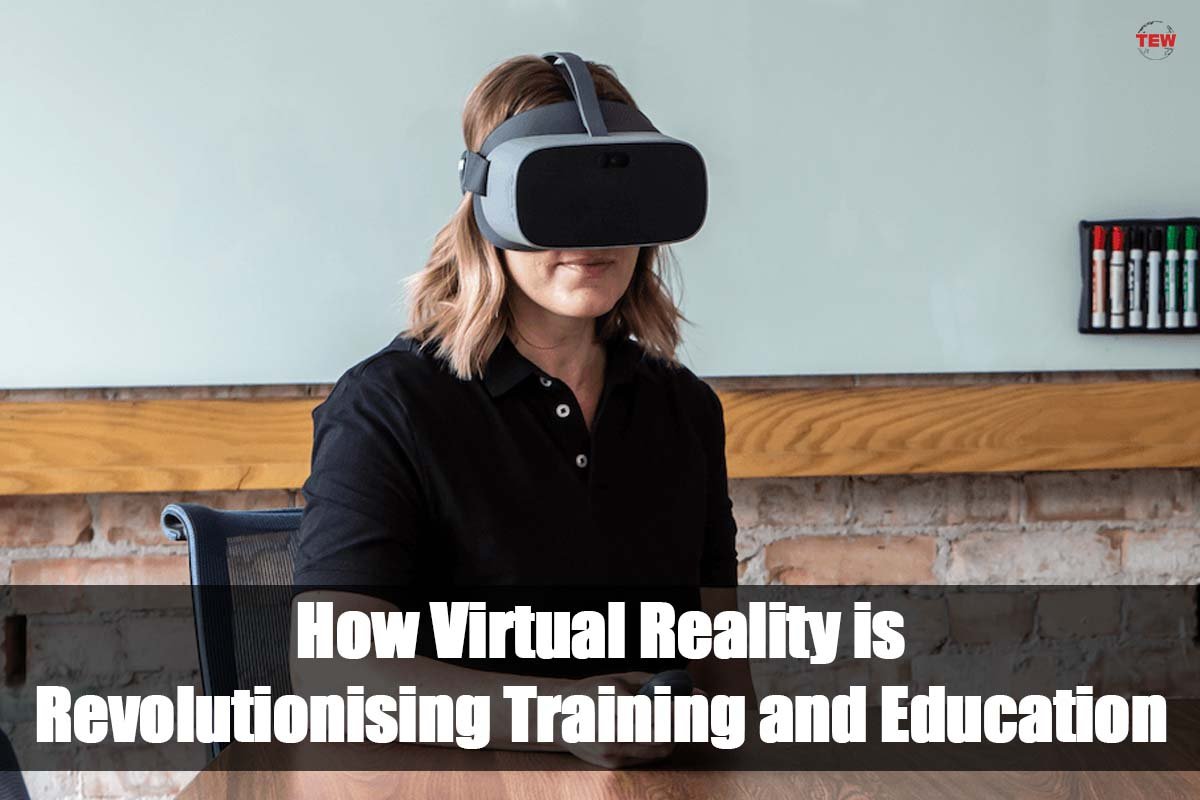Virtual Reality is Revolutionizing Training and Education uses specific equipment to create an immersive, computer-generated world. VR is drastically changing the fields of training and education by allowing trainees and students to learn and improve new skills in a controlled environment.
VR technology is especially life-changing in emergency response areas, such as medical and disaster response, because it allows professionals to face a crisis in a realistic simulation and gain experience without real-world risks.
In this article, you can learn more about how Virtual Reality is Revolutionizing Training and Education;
1. Enhanced Learning Experience
The immersive nature of Virtual Reality is Revolutionizing Training and Education, makes the learning experience unique. Trainees can integrate a fabricated reality and interact with their surrounding elements. The fact that the simulation is realistic can help prepare them better. Additionally, the simulation can be personalized and adapted to each learner as necessary. It is, thus, a more motivating and interesting way of developing new skills along with field experience, even if it is merely a digital “field.”

VR is a training tool for several skills and fields, such as flight simulations, medical procedures, language learning, car repair, and more.
2. Cost-Effective Training
When you move training sessions to the digital realm, you can cut costs in the physical world. With VR technology, you only need to invest in the necessary hardware and maintenance staff. There is no need to pay for training facilities, equipment, and other things you might need in real-world training.
Several companies have invested in VR training for their employees and noticed a significant decrease in spending. For example, UPS has been using virtual reality to teach drivers how to operate delivery trucks safely. That has reduced the number of accidents and increased cost-efficiency. Walmart has also been training their employees with VR technology and has disclosed that the company has reduced costs by not having to maintain a physical training space and pay travel expenses.
3. Reduced Equipment Costs
VR training is especially beneficial for industries that have to make large investments to build training spaces. That includes, Virtual Reality is Revolutionizing Training and Education, for example, construction, automotive, and manufacturing training. By moving training to the digital world, companies can save money on expensive equipment, such as heavy machinery and car parts.
4. Reduced Travel Costs
Being a remote option, VR can help companies reduce their travel costs by taking trainees to training facilities. That is especially important for organisations whose training centres are located far from the headquarters or offices. When that is the case, travel costs include fuel or public transport tickets (including plane tickets), accommodation, meals, and time off work.

5. Accessible Learning
Virtual Reality is Revolutionizing Training and Education and has the power to transform the education system by providing equal learning opportunities to everyone. This technology can overcome many barriers and provide access to education to a larger number of people, especially underprivileged groups.
Usually, accessible learning benefits people with disabilities, namely mobility, visual or hearing impairment, people who live in remote areas without access to traditional schools, people with obligations that limit their time to attend in-person classes, and even people with learning disabilities.
6. Remote Learning
As a remote tool, virtual reality can be used by people who are unable to attend traditional classes due to mobility or location barriers. Remote learning allows more people to pursue an education as it provides more flexibility and accessibility for learners.

7. Inclusive Learning
Virtual reality can make learning accessible to people with disabilities, such as visual and hearing impairment, because it can provide assistive technologies that make learning possible for virtually anyone from very different backgrounds.
Conclusion
Virtual Reality is Revolutionizing Training and Education by making them more adaptable, accessible, and, at the same time, more cost-effective.
Moreover, Virtual Reality is Revolutionizing Training and Education and can make the experience more pleasant for trainees and learners: experts like this London UX agency team ensure training and learning in virtual reality are motivating and engaging.





